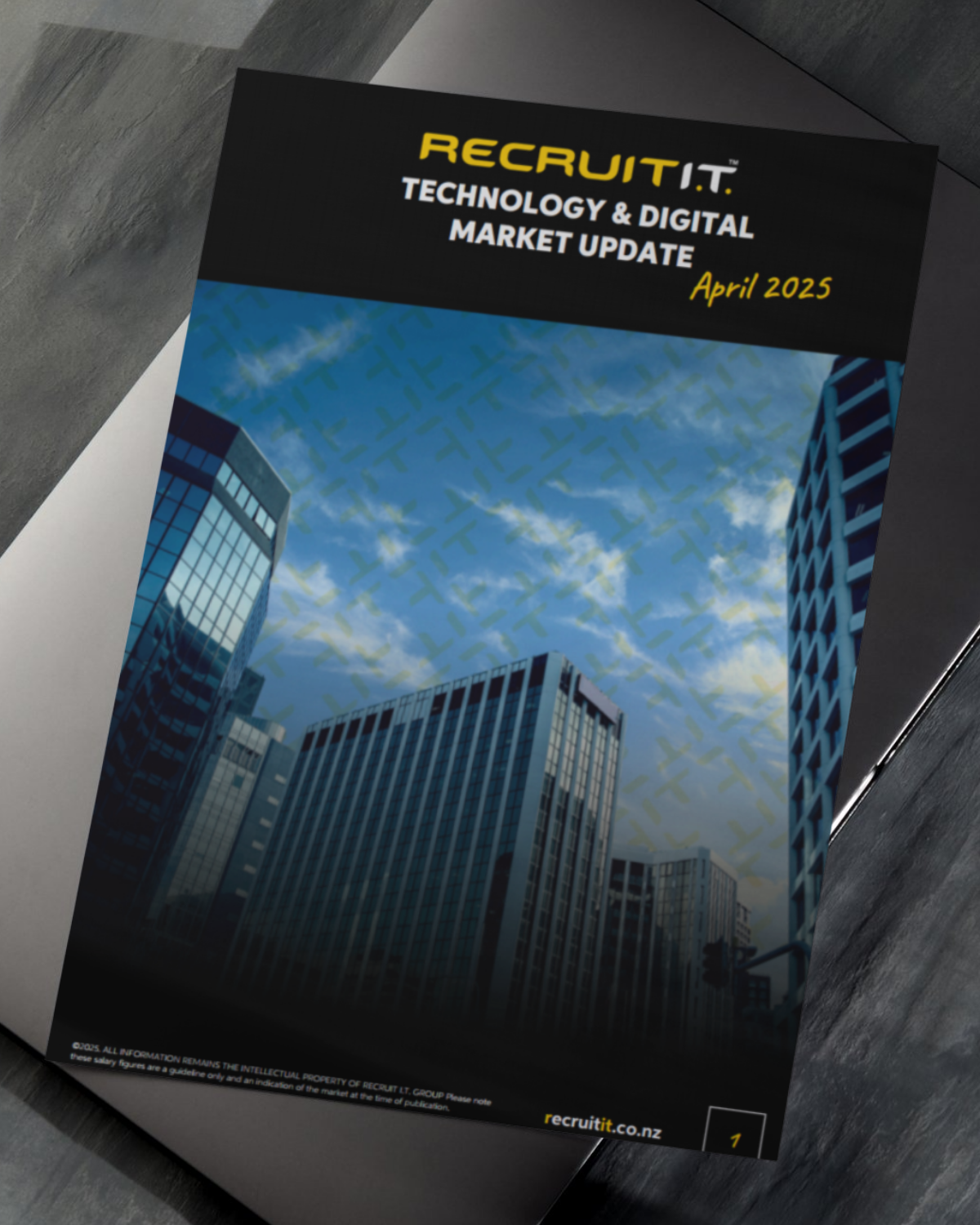3 P's For Perfecting Interviews
The thought of selling yourself in an interview can be a daunting prospect, bringing a mixture of nerves and excitement. For most of us, talking ourselves up goes against our nature and does not come easily.
Thankfully, there are some standard tips and tricks that can help you perform well in an interview, and good preparation, mixed with excellent presentation, will help ensure you put on an outstanding performance on the day.
Preparation
Before your interview, read through the job description carefully, or discuss the role in detail with your recruitment consultant so you have a clear understanding of the position's requirements and have identified where your skills and experience match.
Research the company you are being interviewed by – their company website is a good place to start – and think of some reasons you want to work for the company and what value you can add.
Prepare yourself for the standard ice-breaker question of 'tell me a little bit about yourself' – this should be a brief overview of your career to date, more general life experience, and of course, your personality and approach to work.
Expect questions related to your experience and skills and how it relates to the job itself. These will often be in the form of behavioural-based interview questions where you must draw your answers from specific experiences you have dealt with in the past.
Prepare some relevant questions to ask the interview panel about the role or company – an excellent way to learn more about the role and business and demonstrate that you have researched the company and are interested in them.
It is best to avoid specific questions around remuneration, annual leave and benefits, as these can be channelled through your recruitment consultant.
If you are working with a Recruit I.T. recruitment consultant, they are one of your biggest assets for preparing for your interview. Your recruitment consultant will provide you with as much information as possible about the role, the company and the interviewers to ensure you are well prepared come interview time.
Presentation
First impressions count, and your interviewers will assess you on your presentation and attitude as soon as they meet you, so it is important to make a good impression.
Ensure you arrive on time, and if you are early – ensure you are not TOO early. Smile and greet any receptionist or other staff politely – they are likely to pass on their first impressions to the interviewer as well.
Your dress and grooming should be immaculate and should reflect the organisation – it is almost impossible to look too well presented. Looking messy or scruffy is bound to create a negative first impression.
Even if your interview is taking place remotely via Zoom or Skype, dress as if you are meeting in person – you never know when you might need to stand up or move unexpectedly to adjust your camera!
Ensure that you come across as upbeat in the interview, even if you are coming from a negative situation. It is important to show that you have learned from that and will be a positive team member.
Performance
During the interview, don't be afraid to take notes – this is important for gaining clearer insight into the position and company and could provide material for questions in a possible second interview.
Listen carefully to questions, think before you answer, speak clearly while making eye contact, and don't worry if there is a slight pause before you begin your response.
If you are prone to fidgeting, try not to have paper or pens in front of you that you may fiddle with or get distracted by.
Try and keep your answers brief and to the point, avoid waffling, and make sure you come to the point and answer the question you were asked.
Pay attention to the interviewer or panel's body language to gauge whether something you are saying is being liked or disliked.
Take the opportunity to ask questions when asked, and don't forget to thank the interview panel politely for the opportunity at the conclusion of the interview.
Most importantly, try to relax and enjoy the opportunity to showcase your skillset and personality – even if you aren't successful with this interview and job, every interview is a great opportunity to hone your presentation and interview skills further.
Your Recruit I.T. consultant will make contact with you post-interview for a debrief, keep you up to date with recruitment timeframes, and provide you with feedback throughout the interview and recruitment process.

All content copyrighted Recruit I.T. © All rights reserved | Terms & Conditions


